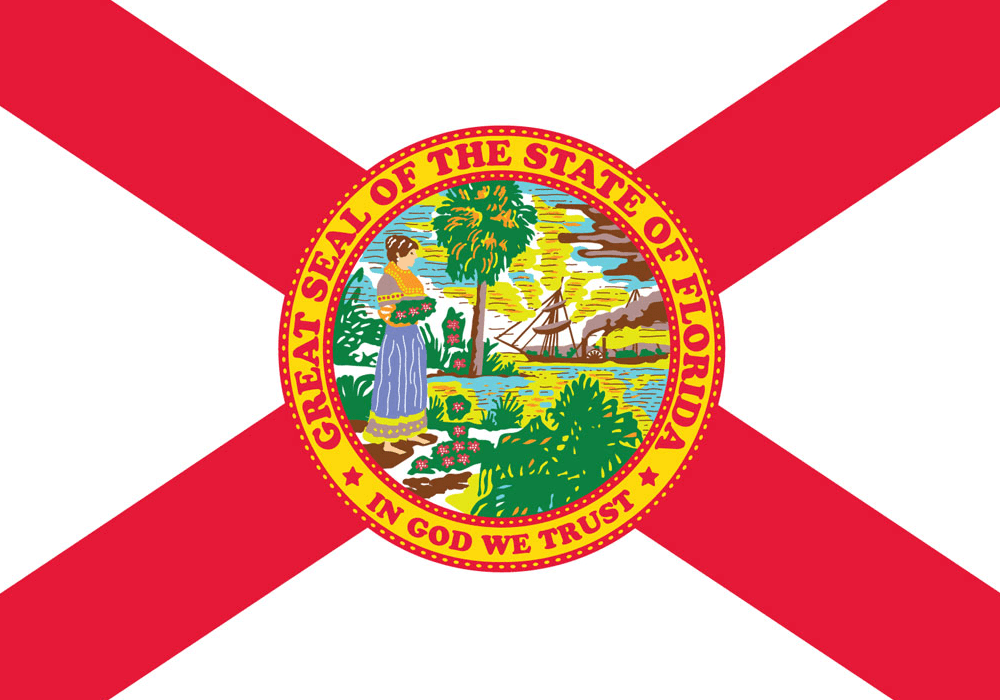The person or agency providing the records shall bear the costs of copying, indexing, and delivering such records. If none of these circumstances exist, the person or agency shall file with the trial court and the parties an affidavit stating that no other records exist and that all public records have been produced previously. A person or agency shall comply with this subdivision within 10 days from the date of the written request or such shorter time period as is ordered by the court. .
FL. R. Crim. P. 3.852
Criminal Court Steering Committee Note.
2014 Amendment. The rule is amended to require the state attorney and attorney general to manage compliance with the public records process.

